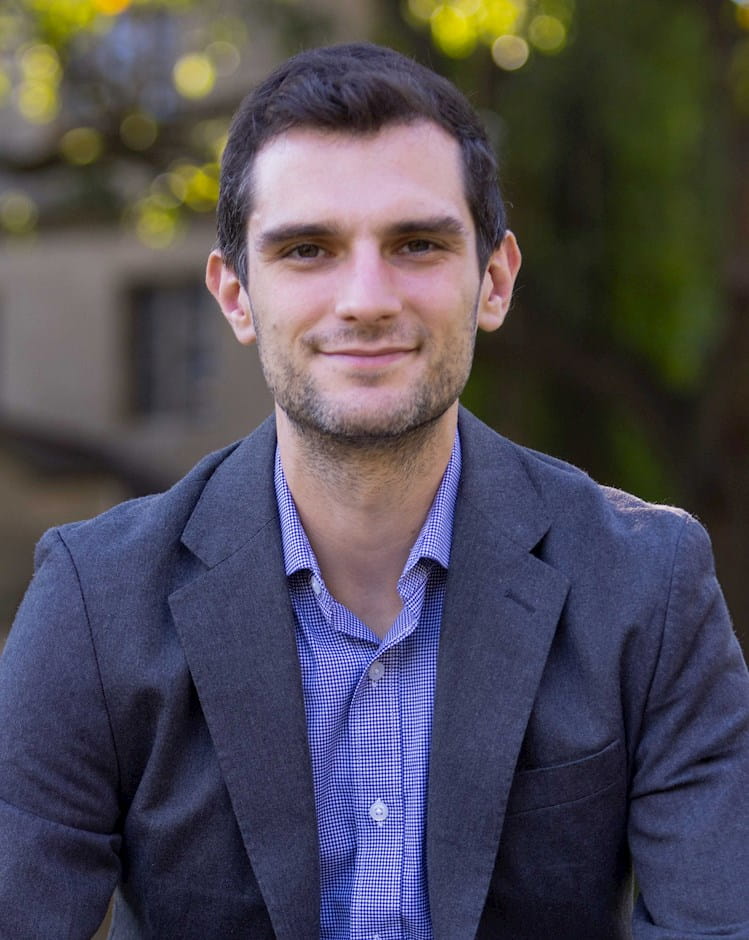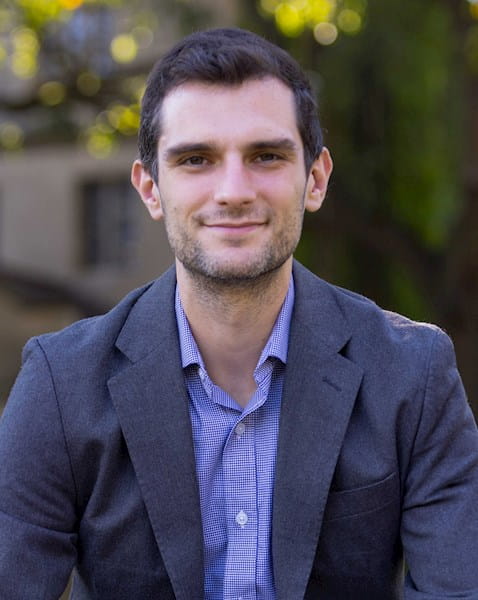


Biography
Joshua Conrad Jackson is an assistant professor of Behavioral Science at the Booth School of Business, where he teaches strategies and processes of negotiation.
In his research, Josh studies cultural evolution, with a special focus on how people's emotion, moral psychology, and religion co-evolve with large-scale societal changes. He is especially interested in understanding how social psychology changes as societies become larger, more diverse, and more connected to one another through globalization.
Many public policy issues lie at the intersection of cultural evolution and psychology, and Josh tries to highlight these connections to policy. He has published papers explaining why support for political leaders surged during the COVID-19 pandemic, why populist leaders swept through Europe in the early 21st century, and how social media algorithms could contribute to political polarization and false beliefs.
Josh has published papers in Science, Nature Human Behavior, Proceedings of the National Academy of Sciences, Journal of Personality and Social Psychology, Psychological Science, and Annual Review of Psychology. He has also written for Huffington Post, LA Times, and Scientific American. He won the Sage Emerging Scholar Award from the Society for Personality and Social Psychology, the Dissertation Award from the Society for Experimental Social Psychology, and the Society for Cross-Cultural Research’s John and Beatrice Whiting Award for Outstanding Graduate Student.
Before joining Booth, Josh was a DRRC postdoctoral research fellow in the Kellogg School of Management at Northwestern University. He has also worked as a visiting scholar at the University of Melbourne and the Max Planck Institute for the Science of Human History. Josh earned his PhD from the University of North Carolina at Chapel Hill in social psychology, and his B.A. from McGill University in Psychology and East Asian History.
Academic Areas
- Behavioral Science
Selected Publications
Brady, W. J., Jackson, J. C., Lindström, B., Crockett, M. J. (in press). Algorithm-mediated social learning in online social networks. Trends in Cognitive Sciences.
Jackson, J. C., Yam, K. C., Tang, P., Sibley, C., Waytz, A. (in press). Exposure to Automation Explains Religious Declines. Proceedings of the National Academy of Sciences.
Jackson, J. C., Wilbanks, D., Bastian, B., Watts, J., DiMaggio, N., Gray, K. (2023). Supernatural explanations across 114 societies are more common for natural than social phenomena. Nature Human Behavior.
Jackson, J. C., Watts, J., List, M., Puryear, C., Drabble, R. Lindquist, K. (2022). From text to thought: How analyzing language can advance psychological science. Perspectives on Psychological Science, 17(3), 805-826.
Yam, K. C., Jackson, J. C., Barnes, C. M., Lau, T., Qin, X., & Lee, H. Y. (2020). The rise of COVID-19 is associated with support for world leaders. Proceedings of the National Academy of Sciences.
Jackson, J. C., Watts, J., Henry, T., List, J. M., Forkel, R., Mucha, P., Greenhill, S., Gray, R., Lindquist, K. A. (2019). Emotion semantics show both cultural variation and universal structure. Science, 366(6472), 1517-1522.
